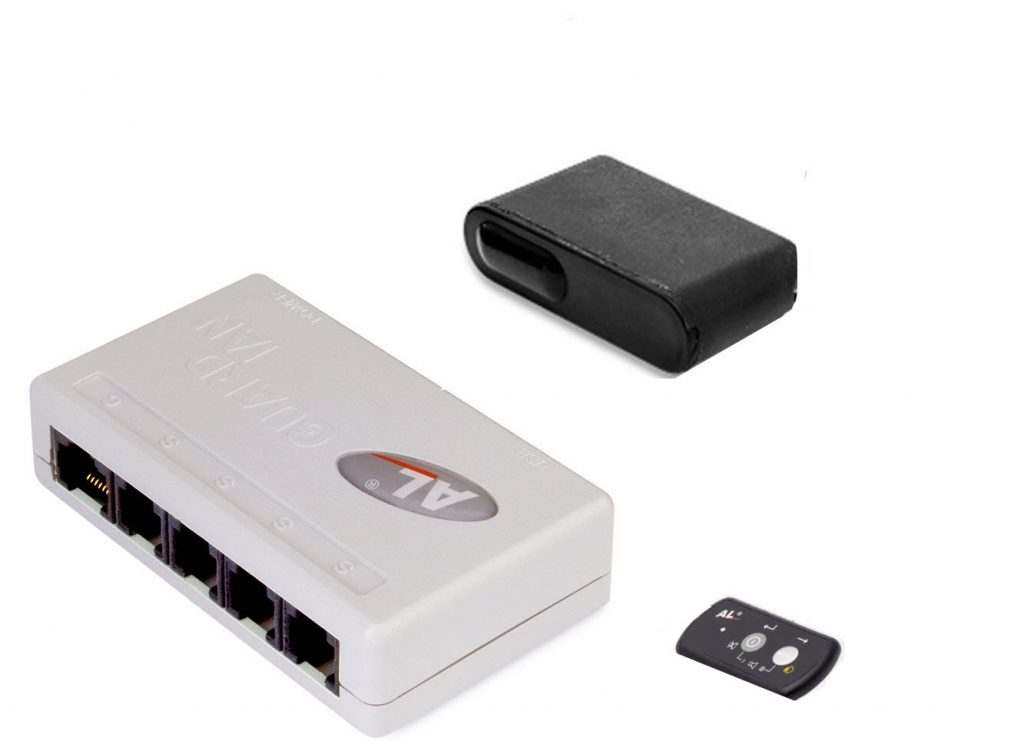

Where we use taxpayers’ money to fund the transition to clean energy, we will leverage private capital as much as we can.Īcross the board, as a result of our polices, energy bills will remain affordable over the 2020s. We expect energy companies to ensure that the benefits of a more efficient system result in a fair deal for consumers. Greater competition and more innovation will drive down the costs of our energy system even further. Offshore wind prices in renewable Contracts for Difference auctions have fallen from £120/ MWh in 2015 to around £40/ MWh in last year’s auction. The costs of renewables have fallen sharply over the last 5 years. Smart meters and a range of smart appliances, backed by new smart tariffs, will give us control about how we use energy and help us manage our bills – running the washing machine or charging the electric vehicle when demand is low and electricity is cheap, even selling surplus power back to the grid at a profit.Īnd we will do this with affordability at the front of our minds. Smart technologies are revolutionising how we can engage the market. And we will switch to new, clean fuels such as hydrogen for heat, power and industrial processes.Īs we leave fossil fuels behind us and increasingly rely on clean electricity, our experiences as energy consumers will be very different. We will start to capture carbon emissions from power generation and from industry. We will end the sale of petrol and diesel cars and vans, and accelerate the transition to clean, zero tailpipe emission vehicles.

We will reduce emissions through shifting from gas to electricity to heat our homes and by better insulating the buildings in which we live and work. It sets out the changes which will be required. This white paper presents a vision of how we make the transition to clean energy by 2050 and what this will mean for us as consumers of energy in our homes and places of work, or for how businesses use energy to produce goods and services. These are more than academic considerations the shift to net zero will affect us all. Our success will rest on a decisive shift away from fossil fuels to using clean energy for heat and industrial processes, as much as for electricity generation. The way we produce and use energy is therefore at the heart of this. This includes building on our leadership in offshore wind to target 40GW by 2030 – enough to power every home in the UK – which alone will support up to 60,000 jobs. The Ten Point Plan sets out how government investment will leverage billions of pounds more of private investment and support up to 250,000 jobs by 2030. This white paper puts net zero and our effort to fight climate change at its core, following the Prime Minister’s Ten Point Plan for a Green Industrial Revolution. The time is now to seize these opportunities. The global markets for low-carbon technologies, electric vehicles and clean energy are fast growing: zero emission vehicles could support 40,000 jobs by 2030, with exports of new technologies such as CCUS having the potential to add £3.6 billion GVA by 2030. Tackling climate change will require decisive global action and significant investment and innovation by the public and private sectors, creating whole new industries, technologies, and professions.īut fighting climate change offers huge opportunity for both growth and job creation.

Failing to act will result in natural catastrophes and changing weather patterns, as well as significant economic damage, supply chain disruption and displacement of populations. The UK has set a world–leading net zero target, the first major economy to do so, but simply setting the target is not enough – we need to achieve it. So, building back better means building back greener. Unchecked, the impact of rising global temperatures represents an existential threat to the planet. But we will overcome COVID-19 and rebuild our economy, building back better and levelling up the country.Īs we do so, we must address the inter-generational challenge of climate change. The government presents this white paper at a time of unprecedented peacetime challenge to our country.Ĭoronavirus has taken a heavy toll on our society and on our economy.


 0 kommentar(er)
0 kommentar(er)
